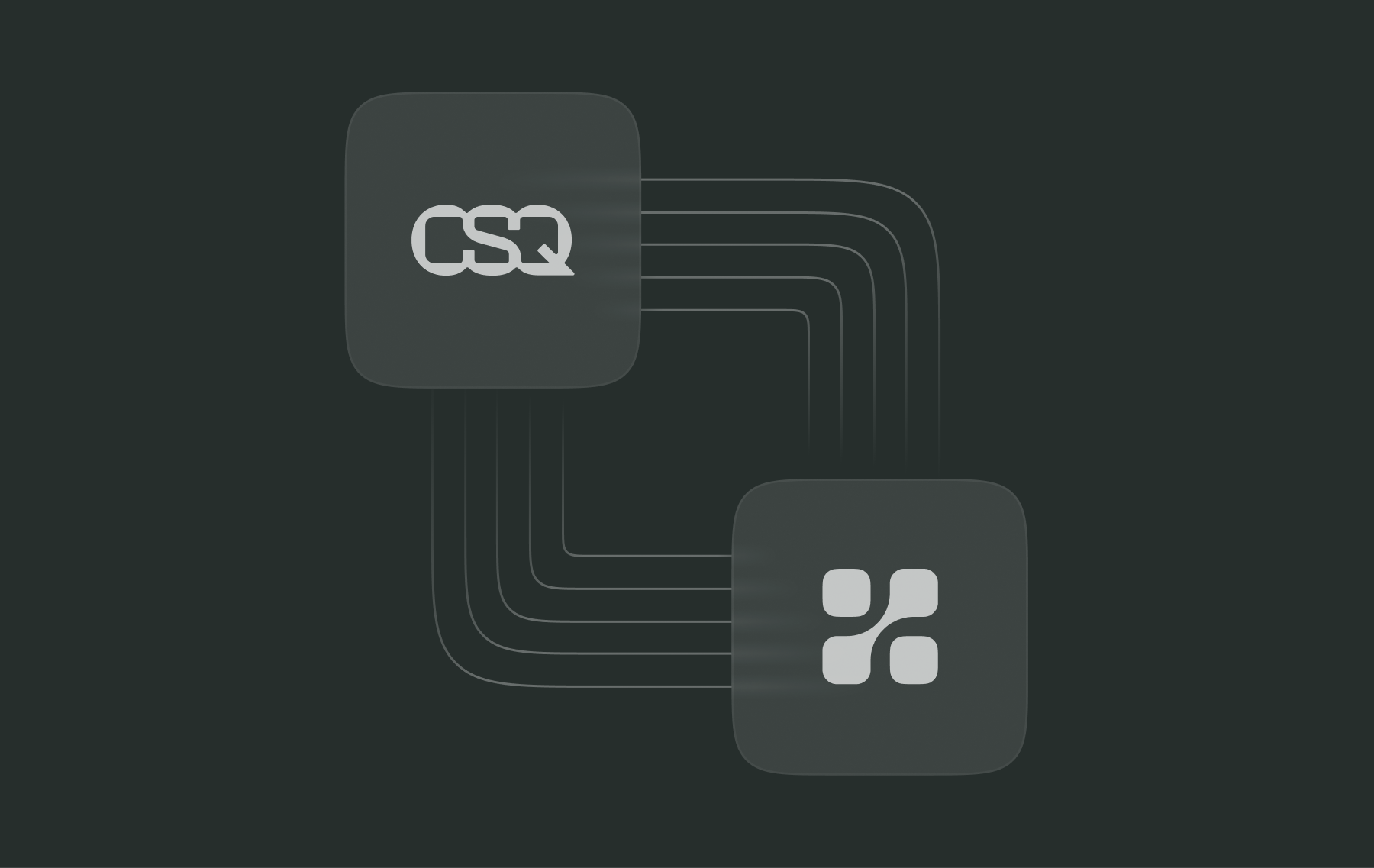Understanding the cookieless future of digital marketing

Understanding what a digital future might look like without internet cookies is crucial for marketing teams of all shapes and sizes. As cookies continue to move towards their final digital sunset, marketers need to know what their options are and how they can compete in a cookieless world.
In this article, we discuss the trend towards ditching internet cookies, what data remains available to marketers, and how Kameleoon helps ensure your experimentation program is ready for this shift towards a cookieless future.
The privacy-driven shift towards eliminating third-party cookies
The push to eliminate third-party cookies has been building for years, beginning with Safari’s ITP in 2017 and Firefox’s ETP in 2019. This shift has been fueled by growing privacy concerns, regulations like GDPR and CCPA.
Even with Google's recent update, offering users more control over third-party cookies in Chrome, the broader shift towards a privacy-focused web continues unchanged.
Types of data available without internet cookies
Zero-party data
Zero-party data is information customers willingly share with a brand. It's highly valuable because it comes straight from the customer, ensuring accuracy and relevance.
Examples include:
- Personal preferences shared via surveys
- Purchase intentions indicated through wishlists
- Personal information updated in user profiles
- Communication preferences specified by subscribers
First-party data
First-party data is collected directly from customers through their interactions on a company's websites, apps, or services. It's crucial for understanding and effectively engaging with the audience.
Examples include:
- Transactional data from purchases
- Web analytics tracking user behavior
- Behavioral data from streaming services
- Customer service inquiries
Second-party data
Second-party data is another company's first-party data shared through strategic partnerships. This data offers extra insights to boost marketing strategies.
Examples include:
- Complementary selling opportunities between travel and car rental companies
- Cross-selling opportunities between hotel chains and airlines
Third-party data
Third-party data is gathered by entities with no direct consumer relationship. This data is often aggregated and sold to other companies.
Examples include:
- Market research reports
- Advertising networks
- Mailing lists
- Affinity segments
Alternatives to internet cookies and cookieless solutions
Server-side tracking
Server-side tracking collects and processes user data on the server, not the browser, enhancing privacy, accuracy, and compliance. It requires more technical expertise and infrastructure, with popular tools like server Google Tag Manager (sGTM).
Privacy Sandbox by Google
Google's Privacy Sandbox aims to boost web privacy by creating new tracking and targeting standards without cookies. Despite Google's recent changes, Privacy Sandbox remains a key initiative.
Google Privacy Sandbox key APIs include:
- Topics API that tracks users based on interest topics
- FLEDGE API that supports remarketing and custom audience targeting
- Attribution reporting API which measures ad conversions without revealing individual user information
- Trust tokens API which differentiates between bots and real users
Kameleoon's advanced cookieless technology
Kameleoon's approach to cookieless tracking combines server-side cookies with LocalStorage, ensuring consistent and accurate user tracking over time. This method mitigates the impacts of browser restrictions and retains visitor data beyond the seven-day limit imposed by ITP.
Key cookieless benefits of Kameleoon include:
- Unaffected by ITP and ETP limitations
- Storage duration exceeding seven days
- Utilization of server-side cookies
- Synchronization with LocalStorage for consistency
- Support for LocalStorage across subdomains
- No impact on website speed
- Full GDPR compliance
Kameleoon's commitment to a cookieless future
As digital privacy continues to evolve, Kameleoon leads with innovative, compliant experimentation solutions for a brave new cookieless world.
By leveraging server-side cookies and LocalStorage, Kameleoon bypasses browser restrictions like Safari's Intelligent Tracking Prevention (ITP) and Firefox's Enhanced Tracking Protection (ETP).
This approach extends user data retention beyond the usual seven days, ensuring consistent tracking for reliable experiments and user segmentation.
Staying ahead in the cookieless era
Kameleoon has led the cookieless space from the start, focusing on privacy-compliant personalization. While competitors may make similar claims, our long-standing commitment and advanced tech ensure we remain at the forefront of this critical industry shift.
Despite Google's recent shift on third-party cookies, the broader industry push for privacy-first solutions continues. First-party data and cookieless tracking are still key for marketers looking to deliver personalized experiences in a privacy-centric web.
That’s why Kameleoon is committed to offering reliable, innovative solutions, helping our clients deliver personalized user experiences in a cookieless world. Learn more about Kameleoon’s unified platform.




